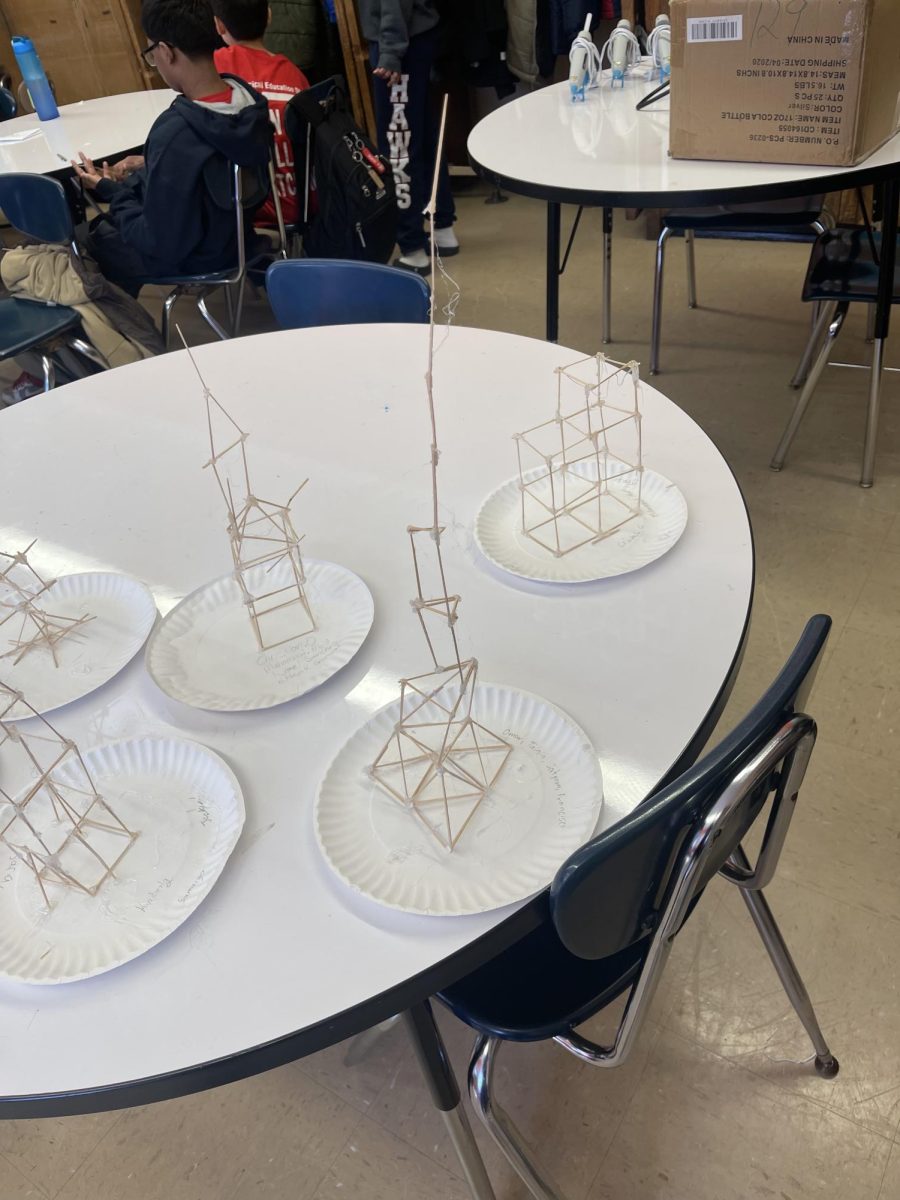In the hectic hallways of schools, a silent battleground emerges where minds collide, ambitions soar, and the pursuit of excellence takes center stage. From heated debates to intense quiz competitions, the academic arena is filled with the echoes of students striving to outperform their classmates.
“Extracurricular activities often involve competition for leadership positions, awards, or recognition, which can sometimes diminish the joy of participation and personal growth,” said Mario Deville.
The desire to excel solely for the purpose of building the perfect resume and college application can diminish the genuine enthusiasm for learning. Students become overly fixated on attaining rewards rather than getting excited from the process of learning itself.
“Teachers can minimize the negative effects of student competition by creating a collaborative learning environment, focusing on personal growth over comparison, providing constructive feedback, and promoting a culture of support and inclusivity among students,” said Chime Lama.
Teachers should encourage students to find their passion for learning and pursing their interests.
“I don’t feel like I have to do better than my fellow classmates in order to succeed because there’s many ways success can be built. For example, a person who goes to college may be performing worse in their life than a person who doesn’t go to college. It’s not necessary to be as good as a classmate in order for me to have a successful life,” said Jannatul Rahi.
On the contrary, there’s other students who don’t feel the need to outperform their classmates.
“Competition does not always lead to being negative if a student fosters healthy competition they can learn important skills and mindset. Students can take on a growth mindset where they feel that they can do better and learn through mistakes in order to improve themselves,” said Lama.


































